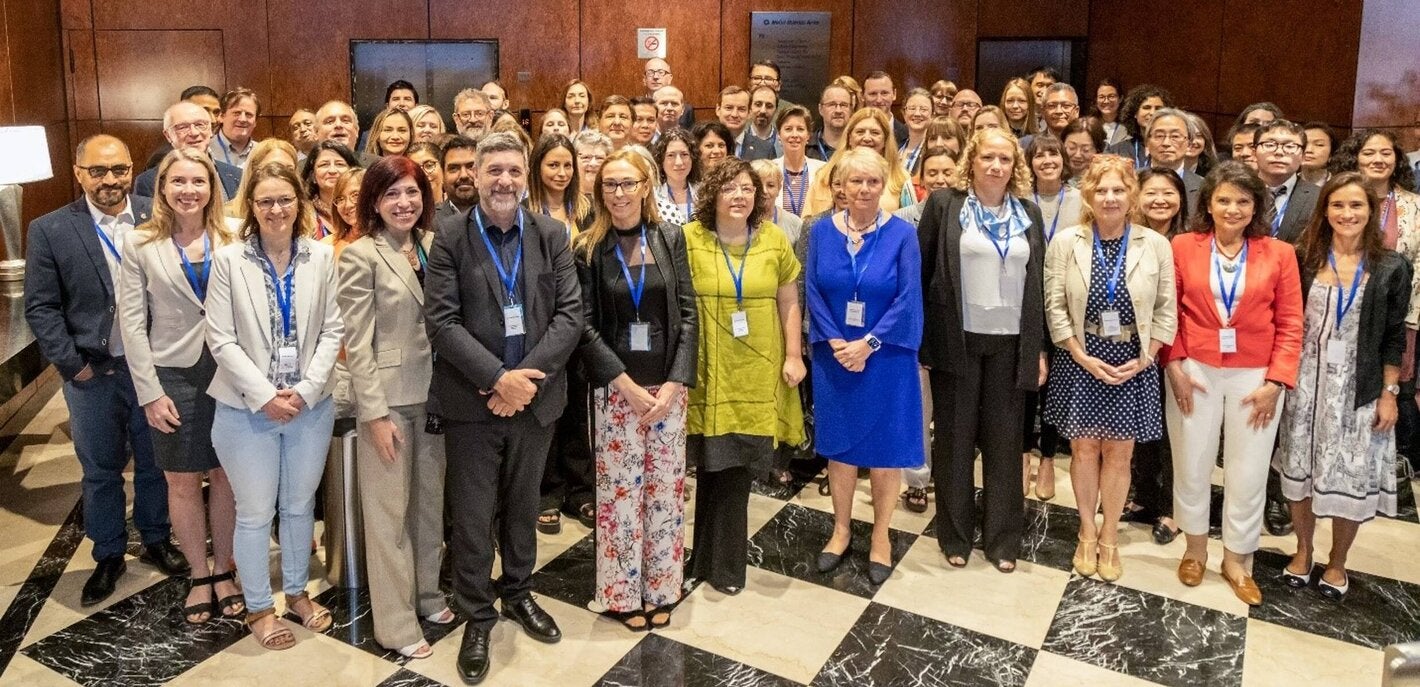
Argentina, Buenos Aires, 24 March 2023 – PAHO/WHO Collaborating Centres (CCs) are institutions such as universities, laboratories, research institutes, hospitals, ministries, or national academies which are designated by the Director-General to carry out activities in support of the Organization’s programs.
CCs are encouraged to form working relationships with other CCs through the formation of networks or incorporation into existing ones. The benefits of being part of a network include greater global application and impact of the activities, new synergies and peer-to-peer opportunities for CCs, better alignment with PAHO/WHO programs and access to opportunities to build institutional capacity within countries.
The WHO AMR Surveillance and Quality Assessment Network consists of CCs working with WHO to support developing and implementing of the Global Antimicrobial Resistance and Use Surveillance System (GLASS), the first global collaborative effort to standardize AMR surveillance. The Network is dedicated to assisting low- and middle-income countries in developing and implementing AMR surveillance by enhancing coordination among its members and other stakeholders involved in AMR surveillance-related activities. Its primary goal is to build capacity in these countries.
There are eight participating CCs in the Region of the Americas:
-
WHO Collaborating Centre on the Rational Use of Medicines (ARG-30)
-
WHO Collaborating Center on Antimicrobial Resistance Surveillance (ARG 43)
-
WHO Collaborating Center on Antimicrobial Resistance (AMR) Surveillance (COR-11)
-
WHO Collaborating Centre for Global One Health and Antimicrobial Resistance Initiatives (USA-449)
-
WHO Collaborating Centre for Antimicrobial Resistance and Stewardship (USA-451)
The WHO AMR Surveillance and Quality Assessment Collaborating Centres Network's fourth meeting in Buenos Aires, Argentina, was successful. In attendance were 56 representatives from 26 CCs, Argentinian national authorities, and 20 WHO CCs. The three-level meeting (global, regional, and federal) organized by WHO was highly productive in updating the CC network on the current activities to help countries accelerate the implementation of AMR national action plans and defined the CC Network’s work plan to support these activities.



